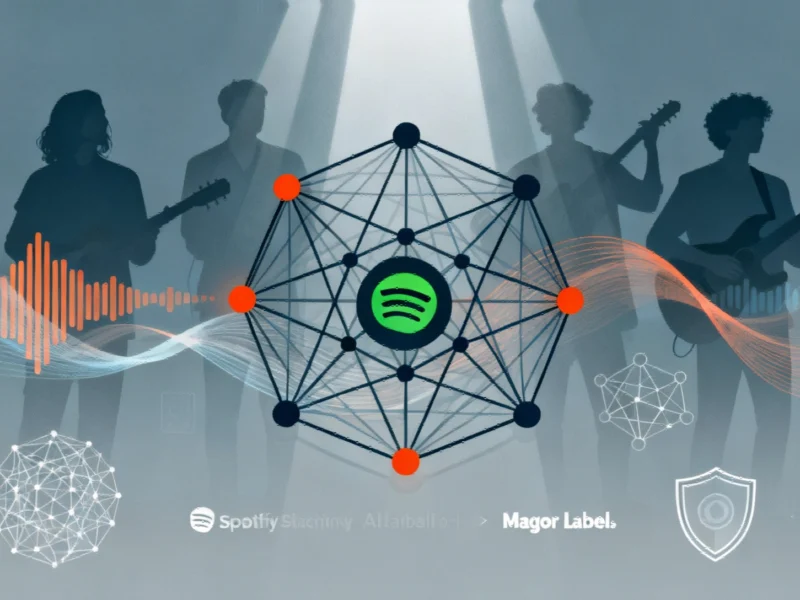According to Forbes, we’re entering an era where by 2030 technology won’t replace leaders but will expose them instead. The article describes a real-world scenario where an AI-powered pricing tool across 3,000 retail locations caused products to jump from $6.99 to $19.99 within 48 hours, cratering sales by Monday. Companies implementing AI without ethical review boards are seeing up to five times more compliance incidents, and algorithmic missteps now risk SEC scrutiny, class-action lawsuits, and ESG downgrades. Boards are now expected to prove AI systems align with fiduciary duty through oversight, audit, and assurance frameworks. The emerging standard treats AI not as technology but as enterprise risk that demands human accountability for every algorithmic outcome.
The accountability reality check
Here’s the thing about AI failures—they’re rarely technical failures. That pricing algorithm worked exactly as programmed. The system performed flawlessly. But the leadership failed spectacularly because nobody owned the outcome. We’re seeing this pattern everywhere now: chatbots tanking client deals, loan algorithms triggering regulatory action, marketing AI offending customers. The technology executes perfectly while the human oversight collapses.
And that’s the real shift happening. We’ve moved from AI as innovation symbol to AI as fluency requirement to now AI as accountability imperative. When a model fails today, the question isn’t “Who built it?” but “Who owns the impact?” That’s a fundamentally different way of thinking about technology in business.
Governance gaps cost real money
The financial consequences are no longer theoretical. A recent JPMorgan Chase patent highlights how AI bias in banking can create massive compliance headaches. We’re talking about single misaligned models vaporizing shareholder value overnight. The cost isn’t just potential fines—it’s market trust, which is way more expensive to rebuild.
Basically, companies that treat AI accountability as an optional extra are playing with fire. A PwC survey on responsible AI shows organizations are waking up to this, but many are still behind the curve. The framework emerging mirrors cybersecurity governance—you need oversight, you need audits, you need assurance. And you need to be able to trace every algorithmic decision back to a human being who’s responsible.
Leadership evolution accelerates
Remember when CEOs had to learn financial literacy? Then digital fluency? Now it’s AI accountability. The skill requirements keep stacking up. Harvard Business Review outlines five critical skills leaders need in the AI age, and they’re mostly about governance and ethics rather than technical know-how.
What’s interesting is how companies like Unilever are moving from AI ethics policy to actual process. They’re building the muscle memory for responsible AI deployment. And Google’s generative AI certification for business leaders shows the market is responding to this skills gap. But here’s my question: can you really certify accountability? Or is this something that has to be baked into corporate culture?
Where this is headed next
We’re probably heading toward AI stewardship as the next frontier. Leaders will be evaluated not just on performance metrics but on the transparency and trustworthiness of the systems they deploy. Research in the Financial Innovation Journal suggests we’re seeing the early stages of this shift in financial services, but it will spread across all sectors.
Look, the hard truth is that AI doesn’t create new leadership problems—it magnifies existing ones. Poor oversight, unclear accountability, weak governance? AI will find those cracks and blow them wide open. The companies that treat accountability as capital rather than cost will be the ones that keep investor confidence through the next decade. Everyone else? Well, let’s just say the exposure is coming.




